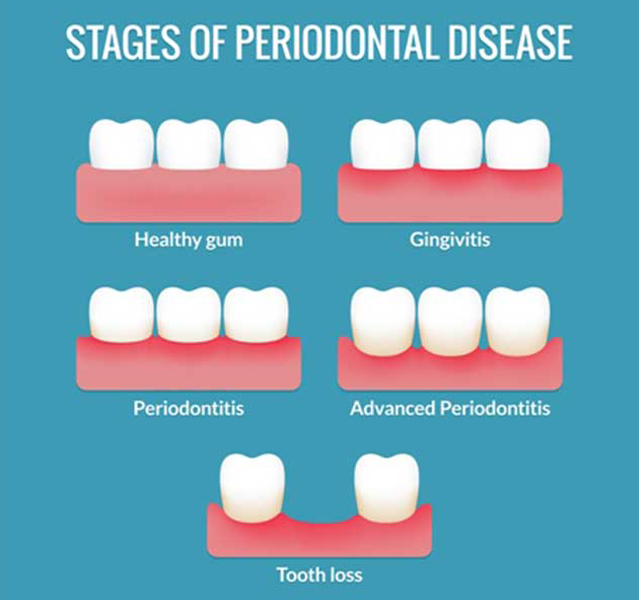Periodontal Treatment – Charlotte, NC
Promenade Center For Dentistry Charlotte - Dentist Charlotte NC
Best Periodontist In Charlotte, NC
Periodontal Therapy Charlotte, NC
What is Periodontal Disease?
Periodontal disease, also known as gum disease and pyorrhea affect a lot of the US population. The CDC says that half of America’s population is affected with some form of gum disease. But what causes gum disease? Bacteria. That’s it, bacteria that stays resident in the plaque and tartar buildup along our teeth can lead to devastating effects. They’ll cause the bone and gingiva around our teeth to recede and deteriorate, leading to tooth loss. In America the #1 reason why we lose teeth is to periodontal disease. Also with an active infection in the mouth, studies have shown that this may link to other diseases such as heart disease.
New Patients & Emergency Appointments Welcome! Call Us Today.

FDA consumer update: dental amalgams
Fortunately your Dentist in Charlotte can identify the early stages of gum disease and help you prevent further damage. During the periodontal exam, we’re looking for bleeding gums on gentle probing, check for any red and swollen gums, as well as any mobile teeth. Sometimes in advanced cases, the teeth can start to look long from the bone and tissue loss. We then measure the pockets around the teeth. Teeth with no attachment loss will have shallow pockets and those afflicted with gum disease will have deeper pockets. The level of recession will also be measured to compared with the pocket depths and the radiographs.
FAQs
Treating gum disease in the early stages is the best time. The damage at this point is minimal. We start by anesthetizing the mouth to ensure a comfortable treatment. Once comfortable, we go through a process called scaling and root planing (“deep cleaning”). The tarter on the teeth are removed usually a combination of ultrasonic scalers and hand instruments. These tools will reach down into the pockets of the teeth to debride any subgingival deposits. Planning refers to going back to the root surfaces and instrumenting them to ensure a smooth surface. If the damage is further along, sometimes surgical intervention will be needed. Surgical treatments allow us to visualize the progress as well as give the dentist an opportunity to smooth out any bony defects. Antibiotics can also be used to help treat periodontal disease. Multiple routes have been tested and used. They can be delivered systemically (taken as a pill) or deposited directly into the inflamed and infected pocket.






